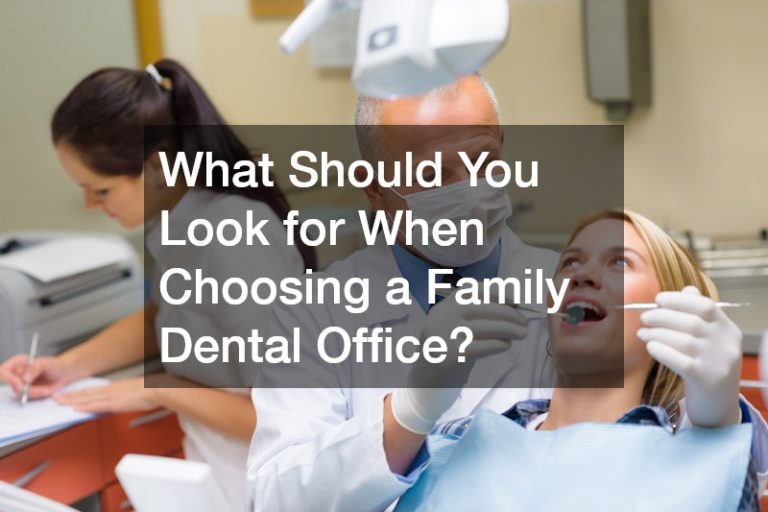- Fast food consumption in the U.S. has risen dramatically, contributing to increased obesity rates, environmental damage, and poor nutrition.
- Low wages for fast food workers can lead to financial insecurity and a lack of benefits such as healthcare coverage or paid vacation time.
- Diabetes care services should be more accessible to people with diabetes to help them make better food choices.
- Consumers can reduce their environmental impact by opting for locally-grown produce and organic items when possible.
The fast food industry in the U.S. is a booming business that has seen significant growth in recent years. According to Forbes Magazine, Americans spend nearly $200 billion annually on fast food, making it one of the most many restaurant and food service industry segments, from quick-service restaurants (QSRs) such as McDonald’s and more. However, this can be problematic for people’s health. Here’s what you need to know about it.
Problems Caused by Fast Food
Fast food has become a significant part of our culture and can be both a blessing and a curse. On the one hand, it’s convenient, quick, and often inexpensive. But on the other hand, many problems associated with fast food can have severe consequences for our health, environment, and economy. Here’s a look at four of the most concerning issues caused by fast food culture in the U.S.

Obesity
It’s no secret that fast food is high in calories and fat—which can lead to obesity when consumed regularly. According to the Centers for Disease Control and Prevention (CDC), more than two-thirds of Americans are either overweight or obese, which increases their risk for heart disease, stroke, type 2 diabetes, and certain types of cancer.
Environmental Impact
Fast food production puts an enormous strain on natural resources such as land and water. In addition to the vast amount of energy required to produce processed foods like burgers and fries, these products often contain chemicals that pollute waterways when they leach into the soil from landfills or agricultural runoff.
Poor Nutrition
Although some fast food restaurants offer healthier options such as salads or grilled chicken sandwiches, many items still contain large amounts of fat, sodium, sugar, and empty calories—all of which can take a toll on your health if eaten too often. Therefore, eating healthier options is vital to maintaining good nutrition over time.
Economic Issues
Fast food restaurants often pay lower wages than other types of businesses due to their convenience factor. However, this poses an economic issue because employees may not make enough money to support themselves or their families without having multiple jobs or government assistance programs like SNAP (Supplemental Nutrition Assistance Program). Additionally, these low wages cause workers to miss out on significant benefits such as healthcare coverage or paid vacation time, which are essential for financial security today.
How to Deal With This Problem
The problems caused by fast food can seem daunting, but there are ways to make healthier choices while still enjoying the convenience of quick service. Here are ways to help deal with some of these problems:

Diabetes Care
Diabetes is a chronic condition that can affect many aspects of an individual’s life if not managed properly. Eating healthy and engaging in regular physical activity is essential for managing diabetes, so opting for healthier fast food options like grilled chicken sandwiches or salads when possible is vital.
Additionally, people with diabetes should ensure their meals contain complex carbohydrates such as whole grains and avoid processed foods. Moreover, local diabetes clinics should also be more accessible. This way, those managing their condition can obtain the care they need to help make healthier food choices.
Environmental Conservation
When you buy fast food, it’s important to remember that this product has a significant environmental footprint. To help minimize your impact, reduce your consumption of processed foods and opt for locally-grown produce or organic items whenever possible. Additionally, many companies are now focusing on sustainability practices, such as using compostable packaging or investing in renewable energy sources.
Low-Wage Solutions
While finding a job that pays a living wage may be difficult, there are ways to make ends meet without relying on government assistance programs or multiple positions. Instead, look for companies that offer benefits like health insurance and paid vacation time. Additionally, seek jobs that provide fair wages or consider starting a side hustle to supplement your income.
Fast food can be both convenient and delicious but has significant consequences for health, the environment, and the economy. Therefore it’s essential to be mindful of making healthier choices when possible and finding solutions for economic and environmental issues associated with fast food. With a little effort, it is possible to enjoy the convenience of quick service while taking care of your health.






